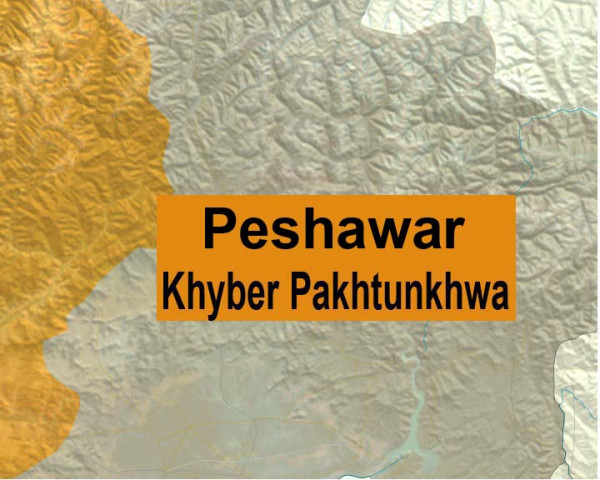Immunisation drive: K-P witnesses sudden uptick in measles cases
Majority of victims had been vaccinated against the virus with one- to five-year efficacy.

Immunisation drive: K-P witnesses sudden uptick in measles cases
The number of measles cases in Khyber-Pakhtunkhwa (K-P) is rapidly increasing and posing a threat to its population. However, since a majority of the population has been vaccinated against the fatal disease, questions are being asked as to why there has been a sudden emergence of such a large number of cases.
A total of 4,048 cases have been reported in the first five months of this year across the province, with 1,276 cases in Peshawar, 642 in DI Khan, 579 in Malakand, 352 in Swat and 180 in Bannu, according to data collected by the expanded programme on immunisation (EPI) in K-P.
Appallingly, a majority of patients who tested positive for measles had been vaccinated against the virus for one to five years, leading many to suspect that the routine vaccinations were either ineffective or expired.
Out of 4,084 cases in the province, 3,029 children were administered vaccinations while the remaining 1,019 were either outside vaccination coverage or their parents were not aware of the importance to provide them timely vaccinations.
Dir Upper, Dir Lower and Lakki Marwat are the three districts where not a single child was vaccinated while a small number of vaccinations were reported in Bannu, Kohistan and Shangla districts. Officials believe that since the government provided vaccination free of charge, the coverage area in K-P managed to vaccinate most children. The officials claim that the recent emergence of cases was due to a poor diet, lack of awareness, poverty, low immunity levels and non-availability of clean drinking water.
The provincial health department only runs a mass campaign to vaccinate children against measles whenever there is a spike in the number of cases in the province, the official added.
While Pakistan’s struggle to eradicate polio is well known since authorities launched a major awareness campaign through print and electronic media, billboards, brochures, and sermons in mosques, measles which is also a preventable illness has been given no such coverage in the government’s expanded programme on immunisation.
“No child from a rich family has been found positive for measles or polio and other diseases and it only hits poor families, which shows that they are deprived of basic necessities of life including proper food, drinking water, knowledge of cleanliness, and awareness of diseases,” an official of the health department said, requesting anonymity.
The official went on to add that vaccination alone could not prevent measles since a poor diet, unclean drinking water and low immunity levels cancel out the effect of vaccinations even if they are administered several times.
“Most drinking water pipelines are laid alongside the sewerage system and thus potable drinking water is contaminated which causes many fatal diseases,” the official said, adding that the government needed to facilitate less-privileged people to improve living standards.
Deputy Director EPI, K-P Dr Jan Baz Afridi told The Express Tribune that the programme would sanction an awareness campaign in their strategy against measles, adding that most cases were due to negligence of parents.
“We have provided injections of all diseases to all major hospitals of the province where the residents can get them without charge, but cases are still reported from many districts which shows that parents are not aware of such a facility,” Dr Afridi said.
Published in The Express Tribune, August 9th, 2012.













COMMENTS
Comments are moderated and generally will be posted if they are on-topic and not abusive.
For more information, please see our Comments FAQ